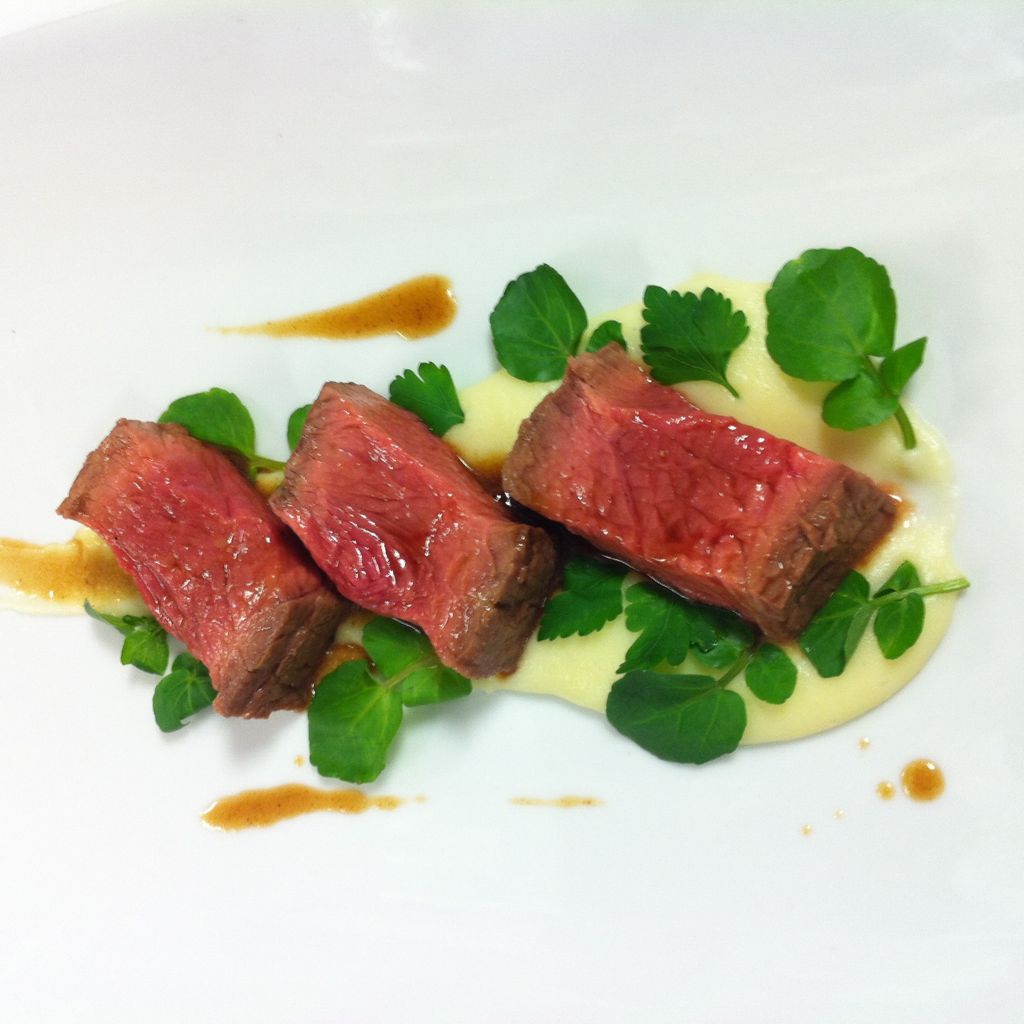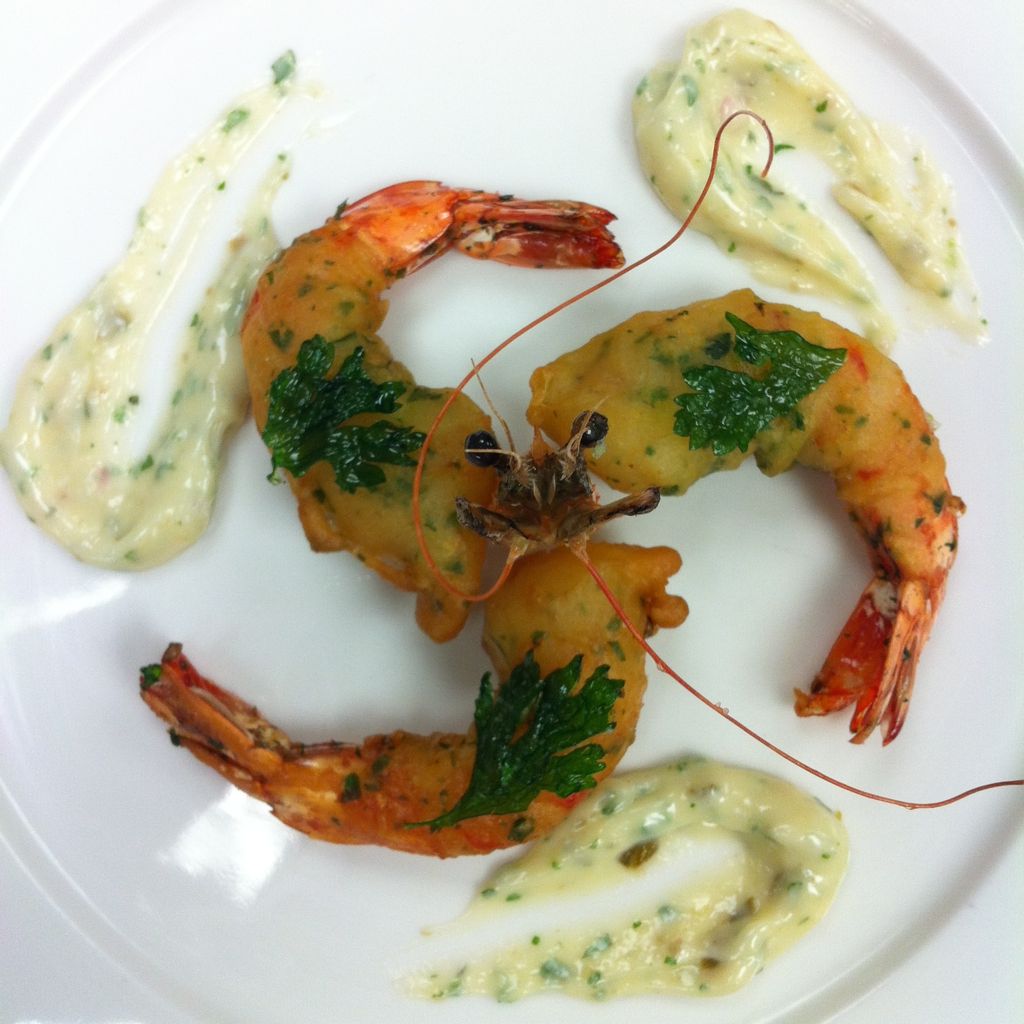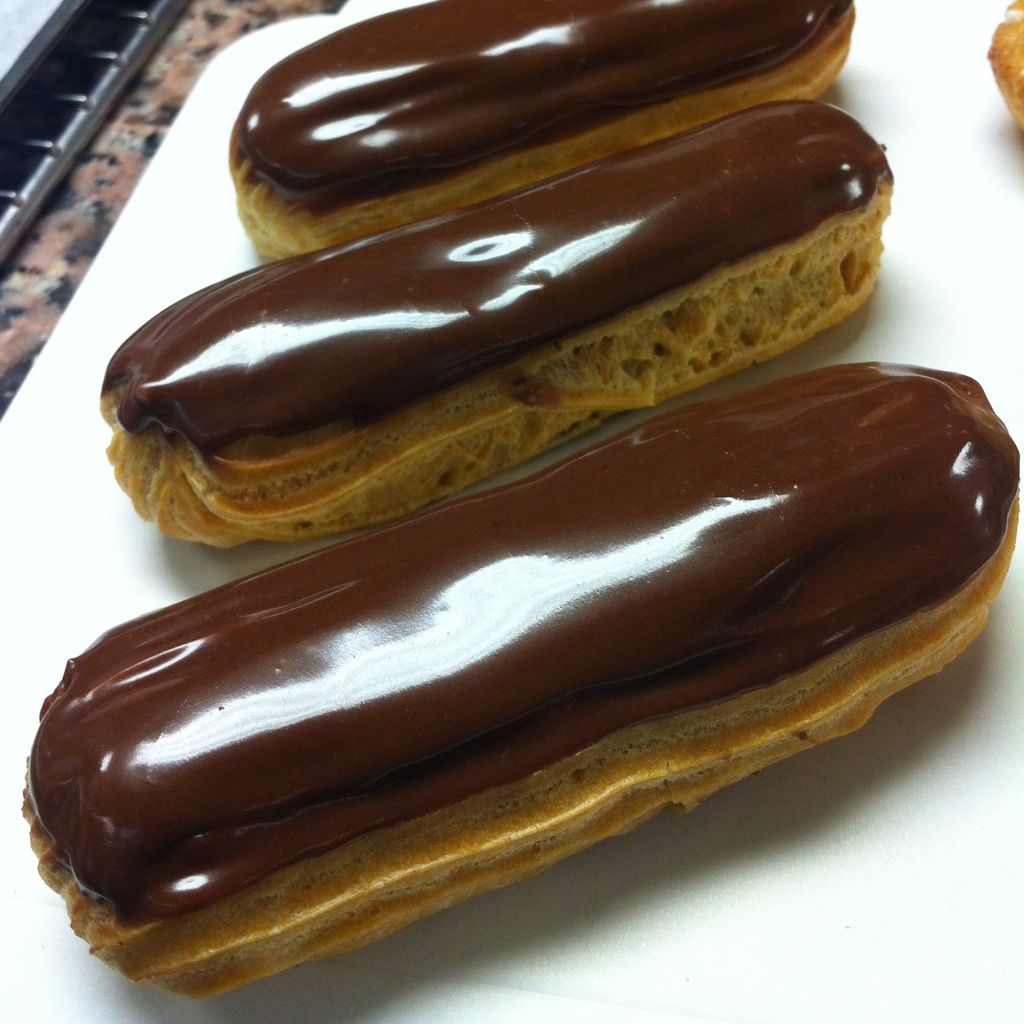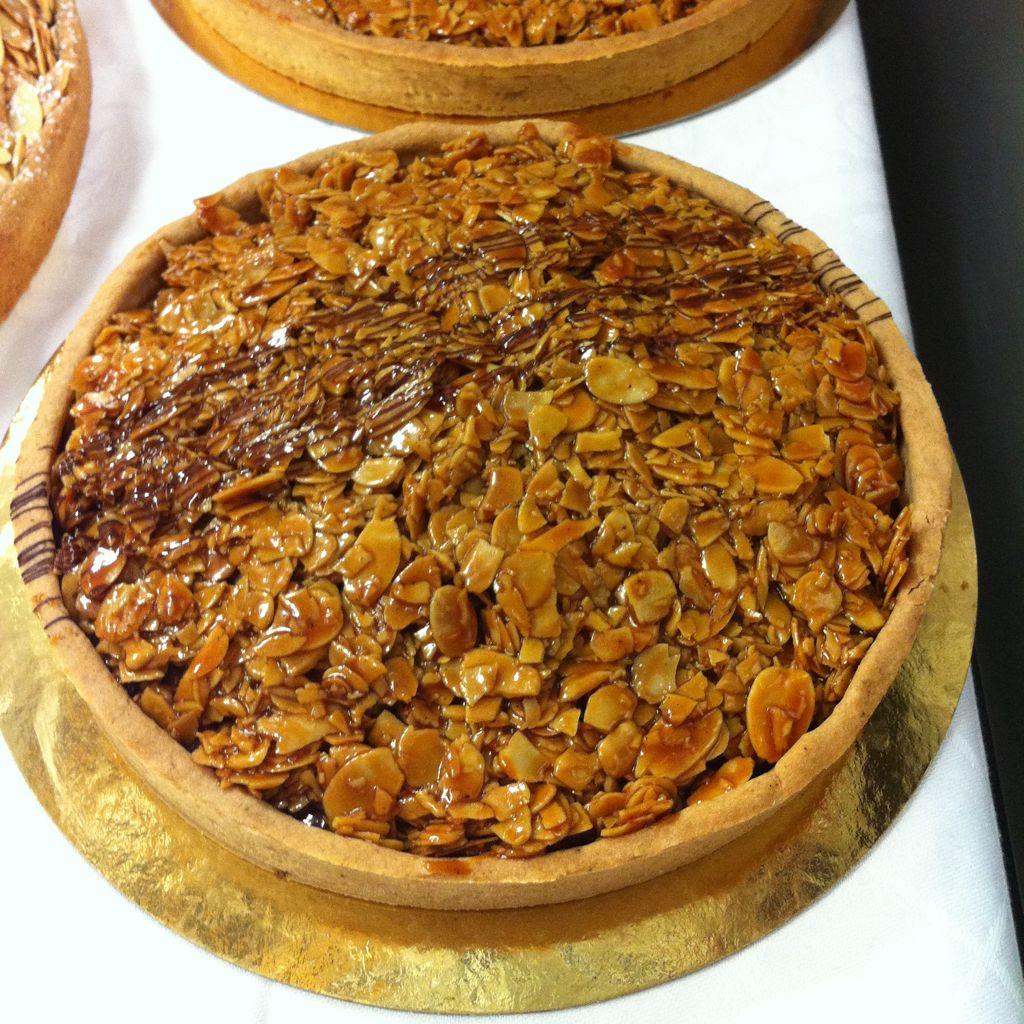“Clean your cutting board.”
“Oui, Chef.”
“Use your paring knife to peel garlic, never your fingers.”
“Oui, Chef.”
“That is boiling, not simmering.”
“Oui, Chef.”
“Never present food on a cold plate.”
“Oui, Chef.”
I spent last quarter studying abroad at Le Cordon Bleu in Paris and completed the Basic Cuisine and Patisserie certificates. My days were filled with all sorts of tastes, smells, languages, mistakes and triumphs. I learned how to peel a potato “the right way,” without cutting my fingers off. I learned how to manage five boiling pots on the stove and chop parsley for garnish all while keeping an eye on my roast chicken in the oven.
Most importantly though, I learned the importance of respect in the kitchen – respect for the chefs beside whom you are cooking, the people for whom you are cooking and the ingredients with which you are cooking. This idea of respect manifested itself in the rules of the school: no dirty or wrinkled uniforms, no hair outside of a hairnet, no knives in the sink, etc. While these rules seem stringent, they set the stage for an environment of mutual respect between the head chefs and the students, which, when upheld, created an arena in which everyone could relax and revel in the joy of cooking and sharing food.
And enjoy we did. Every new day meant new dishes for the students to taste, analyze and recreate, new techniques to marvel over and new French vocabulary words to mispronounce. I watched the chefs cook almost 250 dishes in my time at Le Cordon Bleu and I cooked at least 80 myself. I also explored Parisian markets with them and listened to their crazy stories about cooking in some of the best kitchens in the world. I have accumulated a wealth of kitchen know-how (mostly through trial and error) that I want to share with you. First things first: the five most important lessons any kitchen novice should know before starting to cook.
Here are my top 5 tips for becoming a master in the kitchen:
1. Sharpen your knives.
There is nothing more frustrating or more dangerous than a dull knife. A simple steel sharpener is easy to use and will save you both time and bandaids when working in the kitchen.
2. Get to know the temperatures of your oven and your stove.
Not all 350ºF readings are created equal. Understanding that your oven runs about 10 degrees too hot or that your stove’s “medium-high heat” is more like medium-low is the difference between a golden brown dish and a crisp, burnt mess.
3. Work clean.
As they say at LCB, “those who work clean, eat clean”. Not only is it unsanitary to have a dirty kitchen counter (especially if you’re working with raw meat or eggs) but it is also a guarantee that your final product will be less than stellar.
4. Season your sauce at the very end.
Seasoning is arguably the most important part of cooking. That being said, timing is arguably the second most important. If you season a sauce before letting it bubble away on the stove, you will end up with a sauce that is way too salty once it has reduced. So, get your sauce to the right consistency and then finish it with some good ol’ salt and pepper.
5. Use everything.
Peeling potatoes to make a mash? Save the skins and toss them in a broth. Trimming the fat off your steak? Throw it in a pan quickly to extract its flavor and fat, then remove it and cook your vegetables in that pan. If you can’t imagine a way to use your trimmings or your vegetables — think soup and flavoring. You’d be amazed what a lone clove of garlic or some leftover bacon fat can do for a dish.
Stay tuned each week as I write about a technique or recipe that I learned during my time at Le Cordon Bleu. Trust me, there are many more tips to come. Enjoy and bon appétit!







